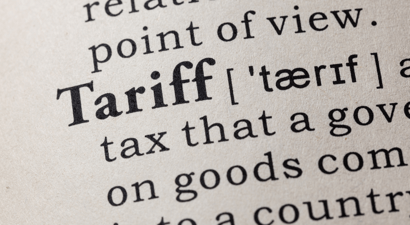Cybercrime – the call for a stable logistics & supply chain in an era of geopolitical conflict
At the end of July 2021, South Africa experienced firsthand the effects which a cyberattack had on Transnet SOC Limited, the country’s custodian of our ports, rails and pipelines, leaving the state-owned entity to declare force majeure at several key container terminals. Interestingly, it was reported that the ransomware used in the attack was thought to have emanated from Russia or Eastern Europe.
The threats of cyber attacks and the disruption which it can cause to the global supply chain has been a cause for concern for some time.
The advent of the war in the Ukraine threatens to increase disruption to already stretched supply chains. However, and what is novel about the geopolitical conflict in the region, is the use of cyber-attacks in the conflict which some commentators have dubbed a ‘hybrid war’.
In the first 48 hours after the commencement of the conflict, sources such as U.S. cybersecurity agencies indicated an exponential increase of more than 800% of suspected Russian-sourced cyber-attacks, with commentators noting that hostile cyber provides a key tool in modern military combat.
Whilst the conflict and the unfolding humanitarian crises may appear to be far removed from our borders, John Donne’s ‘No man is an island entire of itself’ comes to mind. Although some initial reports in the media have suggested that Russia’s invasion of the Ukraine is unlikely to have a major impact on South Africa’s broader economic growth, the reality is that sectors in our country, such as citrus producers and fruit exporters in general are susceptible to risk, particularly where trade with Russia comes under pressure. Other aspects such as volatile and rising oil prices due to the conflict have also been widely reported upon, with concomitant rising freight rates and concerns for the shipping sector generally.
That said, it is suggested that a far more insidious consequence of the conflict both on a local and global trading scale are the heightened threats of cyberattacks. Trade is highly dependent on online information exchange, and where key shipping lines or infrastructure are targeted, this could have potentially disastrous consequences.
It is hoped that South Africa’s national logistics and port operator has learnt some important lessons from the July cyberattack, particularly where it aims to keep apace in the ever-dynamic world stage. For ship owners and operators, the importance of taking reasonable measures (“cyber resilience”) to prevent foreseeable loss or liability for cyber risks, becomes even more critical, especially so as to preclude prejudicing any P&I cover which it may have in place.





